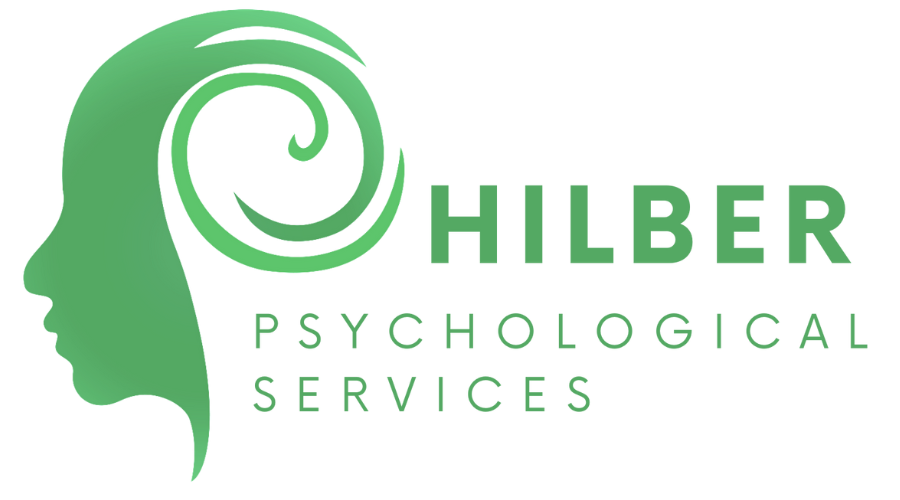When a child's primary love language is acts of service, they are using these acts to connect with their parent. A parent doesn't have to say yes to every request, but should be sensitive to how they are responding. If a child is asking for acts of service, always respond regardless of their behavior.
Read MoreActs of Service is the ability for a parent to help their child in a specific task. When helping your child, you should do what is best for them, even if it's not exactly what they want.
Read More
